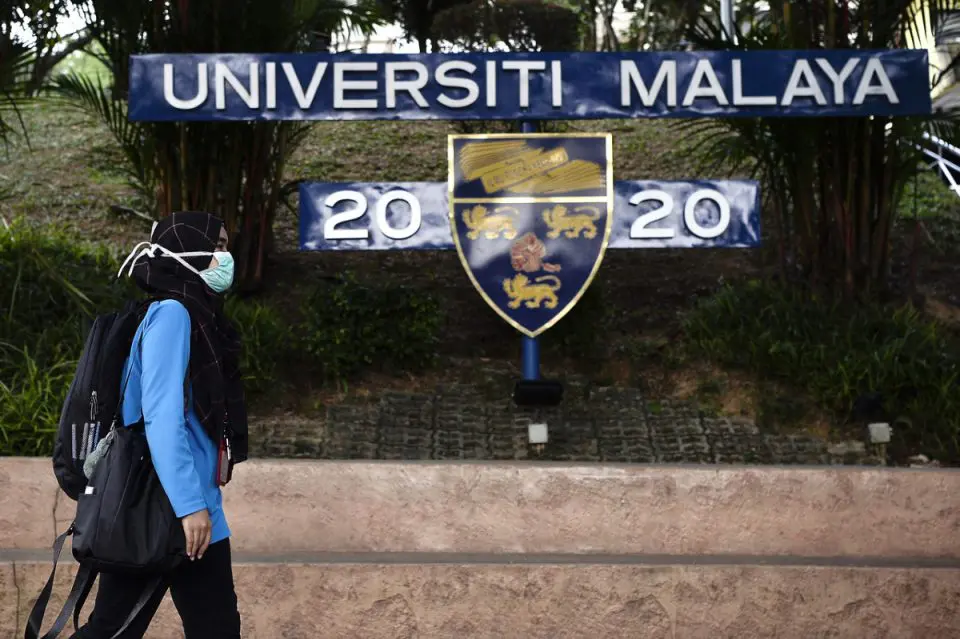KUALA LUMPUR, July 16 — It has been almost a year and a half since movement control was imposed in the country to curb the spread of Covid-19 and that is also the duration of time which has “confined” students of institutions of higher learning (IPT) to their rooms in attending classes, having discussions, completing assignments and making presentations, all done virtually.
A member of the Student Representative Council (MPP) of the Malaysian Institute of Aviation Technology, Universiti Kuala Lumpur (UniKL-MIAT) Nur Nadhirah Mohd Ariffin, 21 when interviewed by Bernama said generally, the IPT students are now burned-out with the online learning having been cooped-up in the situation for more than a year already.
“The course we are taking is not just in theory, we also need to do practical activities, imagine doing practical activities online, this situation puts pressure on us,” said the Aircraft Engineering Technology in Avionics student.
Realising this, the IPT is taking a different approach through the UniKL-MIAT Counseling Unit, which works in collaboration with MPP members, to help students deal with stress.
UniKL-MIAT senior Counsellor Mahyana Mukhtar said it is carried out using the ‘peer to peer’ approach, with MPP helping to monitor the situation of their peer students on social media.
“The situation has changed now. Before, we can identify students with problems physically through their style and behaviour, but with the current distance learning situation, we use social media to reach out to them.
“Students spend a lot of time with laptops and mobile phones, the possibility of them expressing their feelings, the pressure they face, on social media is great.
“When MPP notices students uploading suspicious posts on social media, that reflects that they are under pressure, we will immediately notify the Counselling Unit because students generally do not know where to go for assistance or counselling,” she added.
Mahyana advised students to approach the counselling unit for assistance should they have any problems, even if they are not on campus.
She said online one to one counselling is given to students, either through WhatsApps, video call or by phone call.
“There was social phobia case once, where a student was afraid to make a presentation. I helped the student by giving therapy using video calls and finally the student managed to make a presentation and got good marks for it,” she said.
Head of the Counselling Division at Universiti Putra Malaysia, Dr Mazila Ghazali said the IPT Counseling Division reached out to students through their official social media sites.
“Before, students could only reach the Counselling Division through the office phone number for counselling, but now we have displayed personal phone numbers on social media to make it easier for students to approach us.
“We offer telecounselling services that allow UPM students or staff to contact us directly, seven days a week. There are 12 psychological officers assigned on a rotating basis and can be contacted at any time.
“The approach has received encouraging reaction because almost every day we receive calls or WhatApps from students telling us their problems,” she told Bernama.
The social media platform is also used as a medium to interact with students such as for chatting, live Instagram to show our concern for the mental health and well-being of UPM citizens, she added.
— Bernama





